Tonya L. Breaux-Shropshire, PhD, DNP, FNP, MPH-
Research has shown for years that even a tiny improvement in taking blood pressure medications as prescribed can lead to low blood pressure to keep you from a heart attack, stroke, etc.
In 2003, the World Health Organization declared inadequate medication adherence as the most important modifiable thing you could do to manage hypertension and other chronic diseases. By 2016, they Lancet Commission on Hypertension had a call to action and a life-course strategy to target the global burden of high blood pressure on current and future generations.
However, many people with hypertension do not want to take blood pressure medication, which has been labeled as medication non-adherence.
Others like me, over 50 and do not have hypertension, will do what it takes to prevent high blood pressure for as long as possible. Therefore, we will not need for hypertension medication treatment.
Research has shown that due to aging, everyone will eventually get hypertension. This is because aging causes the blood vessels to stiffen, leading to higher blood pressure.
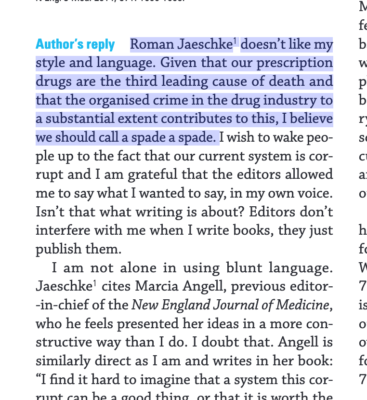
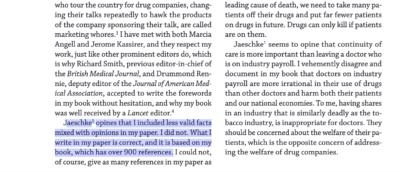
Anecdotally, my 104-year-old grandmother was recently prescribed hydrothiazide for her blood pressure. Yet, she has gone all that time with a blood pressure of 130/80 mm Hg or less. How do I know this because, until recently, she routinely monitored her blood pressure?
My grandmother also stuck to lifestyle modifications, including the elimination of sugar and white carbohydrates from her diet and adding brown rice. In addition, she stopped smoking and had not had a drink since before I was born.
I created this blog, a podcast, and a YouTube channel called Hypertension Resistant to Treatment for people like me and my husband who had trouble controlling their blood pressure. Therefore, Hypertension Resistant to Treatment will provide you with the knowledge, training, and support you need to help you resist hypertension medication as long as possible.
You might even be able to avoid additional treatment by optimally managing your blood pressure. If you do in fact, have hypertension, these platforms will provide you with the information needed to assure you are not overmedicated and help you assist your health care provider in appropriately managing your hypertension.
Hypertension Diagnosis
Hypertension is diagnosed when your blood pressure is 140/90 mm Hg or more on at least two separate occasions in your doctor’s office. Last I checked, one out of every three adults has hypertension.
For many people, a hypertension diagnosis is hard to accept because most people feel well with high blood pressure. However, delaying appropriate treatment for high blood pressure could cause problems like blindness, stroke, heart attack, or kidney failure.
Research has shown that prescription drugs are the third leading cause of death in the United States and Europe. Adverse effects from appropriately prescribed drugs taken without fail are responsible for killing 106,000 people yearly.
Prescription Drugs
The fear of prescription drugs such as hypertension medication is real and people are concerned for good reasons.
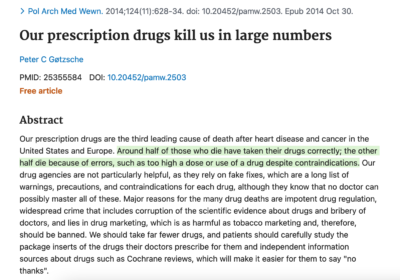
Research has shown that prescription drugs are the third leading cause of death in the United States and Europe. Adverse effects from approproiately prescribed drugs taken without fail have been found to be responsible for killing 106,000 people yearly.
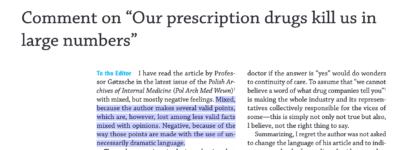
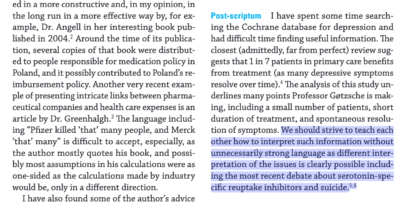
Home Blood Pressure Monitoring Versus Office Blood Pressure Monitoring
Home blood pressure measurement is preferred over one office blood pressure measurement because the home measurement is devoid of the white coat effect. In addition, multiple daily readings and several days’ worth of readings are preferred over a single reading, regardless of where you measure.
Home blood pressure readings correlate more with stroke and heart attack than office blood pressure readings. Therefore, home blood pressure readings are more predictive of poor outcomes from uncontrolled blood pressure.
Are Lifestyle Modifications Necessary?
During her interview with the Academy Class of 2007, Susan- Lori Parks said, “discipline is the gift you give to yourself.” This quote comes to mind as I think about lifestyle modifications. But, you might wonder whether lifestyle modifications are necessary for blood pressure control. Perhaps the answer might be that lifestyle modification may not be required nor sufficient.
However, lifestyle modifications such as salt, alcohol, stress reduction, smoking cessation, and daily exercising are helpful. When hypertension is mild to moderate, you might reduce your blood pressure to acceptable levels using lifestyle modifications. However, severe blood pressure readings are not likely to reach adequate levels with lifestyle modifications alone without anti-hypertensive drugs.
Conclusion
If you are skipping your medications, for fear of prescription drugs, you can decide not to ignore your hypertension for optimal health. Here are some steps to consider to reduce your chances of adverse affects from blood pressure medications:
1) Monitor your blood pressure at home and share your log with your health care provider to assure you are on the best medication
2) Consult with your pharmacist at the consultation area to discuss your medication and side effects, and ask what’s the best time to take your medications.
3) Get a 30-day pill box and set an alarm on your smartphone for your medication times
4) Report any problems or concerns to your health care provider as soon as possible.
But, again, even a tiny improvement in taking blood pressure medications as prescribed can lead to lower blood pressure to keep you from poor outcomes.